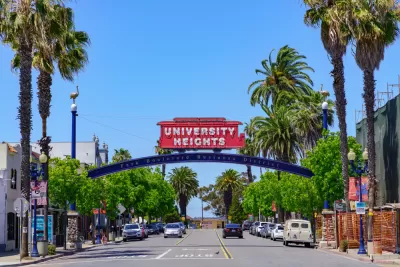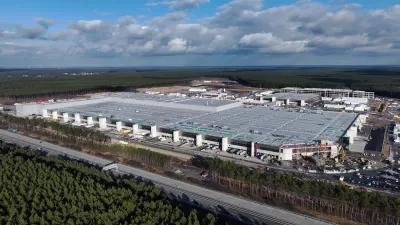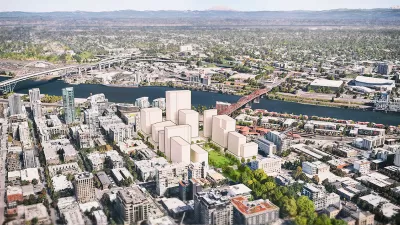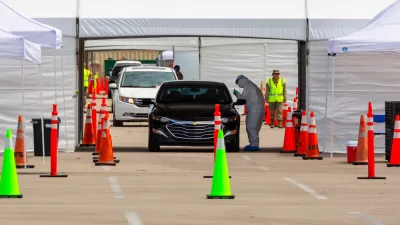From USC to Columbia University, "town and gown" collaborations regarding university expansion have proven to benefit all parties, writes planning activist and affordable housing developer Murtaza Baxamusa.

The multiplier impact of universities on local economies has been shown to be virtually unparalleled. This is particularly important given how cities are often pitted against each other to attract businesses that promise a high number of jobs. As has recently been highlighted by the Amazon HQ2 competition, cities compete with each other to give away public land and tax subsidies to attract major employers. Sometimes, these "incentive packages" result in a net loss to local taxpayers. In all cases, cities are rewarded for minimizing funding of everything from education, to parks, to life & safety services. In contrast, universities are rarely as aggressive as private for-profit enterprises in seeking local subsidies, and in any case, are highly unlikely to move to another city to obtain subsidies. Additionally, universities help support a wide range of private enterprises, from low skilled services, to everyday supplies, to skilled trades, to high-tech and life-sciences start-ups.
Nevertheless, when universities seek to expand, it can be traumatic and damaging for adjacent neighborhoods and residents, particularly if community needs and goals are not given a voice in the matter. San Diego planning activist and affordable housing developer Murtaza Baxamusa writes about the topic in the context of an upcoming voter referendum concerning a sale of the Charger Stadium land to San Diego State University for expansion. Baxamusa references several recent university expansions to review the tensions and the resolutions. He opines that full collaboration and engagement, memorialized in a community benefits agreement, optimizes the expansion for both parties. He references the recent USC expansion as an example of the items that can be addressed in such agreements. For more detailed information, please see the source article.
FULL STORY: University expansions create opportunity for community benefits

Alabama: Trump Terminates Settlements for Black Communities Harmed By Raw Sewage
Trump deemed the landmark civil rights agreement “illegal DEI and environmental justice policy.”

Study: Maui’s Plan to Convert Vacation Rentals to Long-Term Housing Could Cause Nearly $1 Billion Economic Loss
The plan would reduce visitor accommodation by 25% resulting in 1,900 jobs lost.

Planetizen Federal Action Tracker
A weekly monitor of how Trump’s orders and actions are impacting planners and planning in America.

Wind Energy on the Rise Despite Federal Policy Reversal
The Trump administration is revoking federal support for renewable energy, but demand for new projects continues unabated.

Passengers Flock to Caltrain After Electrification
The new electric trains are running faster and more reliably, leading to strong ridership growth on the Bay Area rail system.

Texas Churches Rally Behind ‘Yes in God’s Back Yard’ Legislation
Religious leaders want the state to reduce zoning regulations to streamline leasing church-owned land to housing developers.
Urban Design for Planners 1: Software Tools
This six-course series explores essential urban design concepts using open source software and equips planners with the tools they need to participate fully in the urban design process.
Planning for Universal Design
Learn the tools for implementing Universal Design in planning regulations.
Caltrans
Smith Gee Studio
Institute for Housing and Urban Development Studies (IHS)
City of Grandview
Harvard GSD Executive Education
Toledo-Lucas County Plan Commissions
Salt Lake City
NYU Wagner Graduate School of Public Service





























